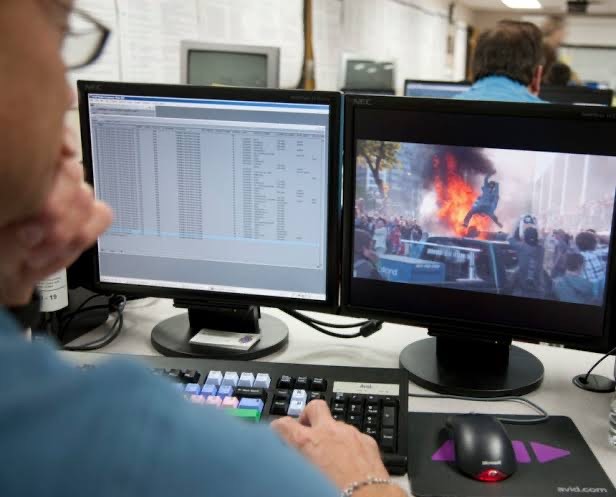Forensic video analysis plays a crucial role in law enforcement investigations and criminal justice. It involves the examination, interpretation, and presentation of video evidence to help solve a crime.
However, with the increasing use of technology in the field, ethical considerations and best practices are becoming more critical than ever. This article will explore some of the ethical considerations and best practices in forensic video analysis.
Ethical Considerations in Forensic Video Analysis
Ethics play a critical role in forensic video analysis as the outcome of an investigation can have significant implications for individuals and society. The following are some ethical considerations that forensic video analysts should keep in mind:
Objectivity: Forensic video analysts must remain impartial and objective while analyzing evidence. They should not let their personal opinions, beliefs, or biases influence their analysis. Objectivity is critical to ensure that the analysis is accurate and reliable.
Privacy: Forensic video analysts must respect the privacy of individuals who are captured in the video footage. They should ensure that the video evidence is only used for the purpose of the investigation and not for any other purpose.
Informed consent: Forensic video analysts should obtain informed consent from individuals before using their video footage as evidence. Informed consent means that the individuals are fully aware of the purpose and implications of using their video footage as evidence.
Professionalism: Forensic video analysts must conduct themselves in a professional and ethical manner at all times. They should adhere to the highest standards of ethical conduct and ensure that their actions do not compromise the integrity of the investigation.
Best Practices in Forensic Video Analysis

Forensic video analysis is a complex and challenging task that requires a high level of expertise and technical knowledge. The following are some best practices that forensic video analysts should follow to ensure accurate and reliable analysis:
Preservation of evidence: Forensic video analysts must ensure the preservation of the original video evidence. They should avoid making any alterations to the original footage and ensure that any copies made are exact duplicates of the original.
Chain of custody: Forensic video analysts must maintain an accurate chain of custody for the video evidence. This means that they must document every person who has handled the evidence from the time it was collected to the time it is presented in court.
Quality assurance: Forensic video analysts should follow a quality assurance process to ensure that the analysis is accurate and reliable. They should use appropriate testing methods and protocols to verify their analysis.
Continual training: Forensic video analysts must undergo regular training to keep up with the latest technology and techniques in the field. They should attend conferences, workshops, and seminars to stay updated with the latest developments.
Collaboration: Forensic video analysts should collaborate with other experts in the field, such as forensic audio analysts, to ensure that all aspects of the evidence are analyzed thoroughly.
Reporting: Forensic video analysts should prepare a detailed report of their findings, including their analysis methodology and any limitations or uncertainties. The report should be clear, concise, and objective.
Conclusion
Forensic video analysis is an essential tool for law enforcement investigations and criminal justice. However, ethical considerations and best practices are critical to ensure that the analysis is accurate, reliable, and unbiased. Forensic video analysts must remain impartial, respect privacy, obtain informed consent, conduct themselves professionally, preserve evidence, maintain an accurate chain of custody, follow quality assurance processes, undergo continual training on how to use the forensic video analysis software, collaborate with other experts, and prepare detailed reports. By following these ethical considerations and best practices, forensic video analysts can ensure that justice is served, and the integrity of the investigation is maintained.













